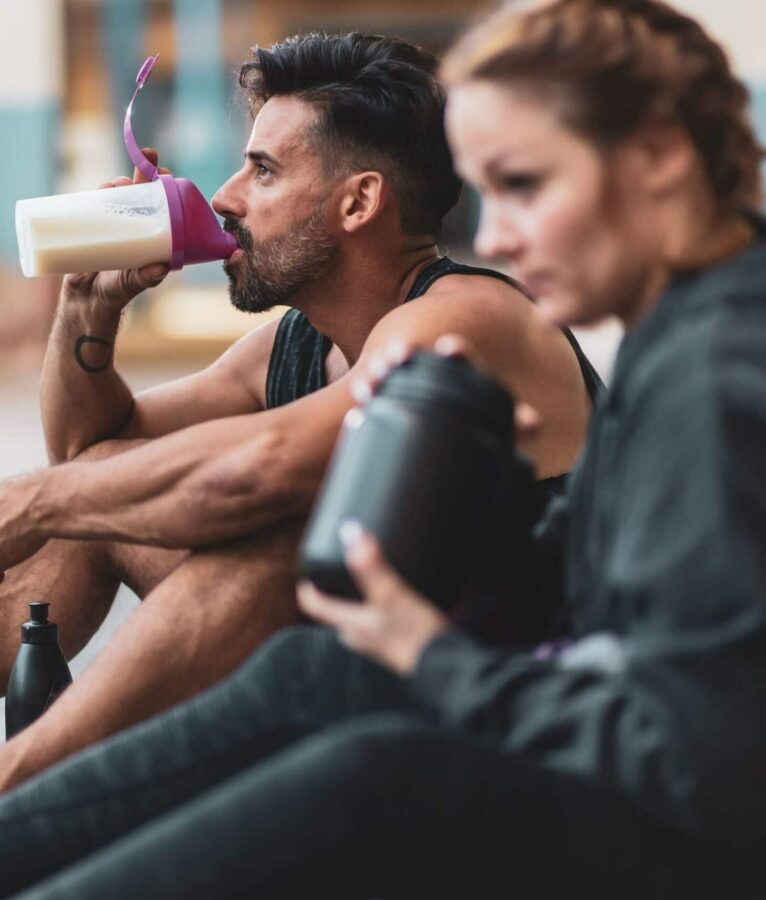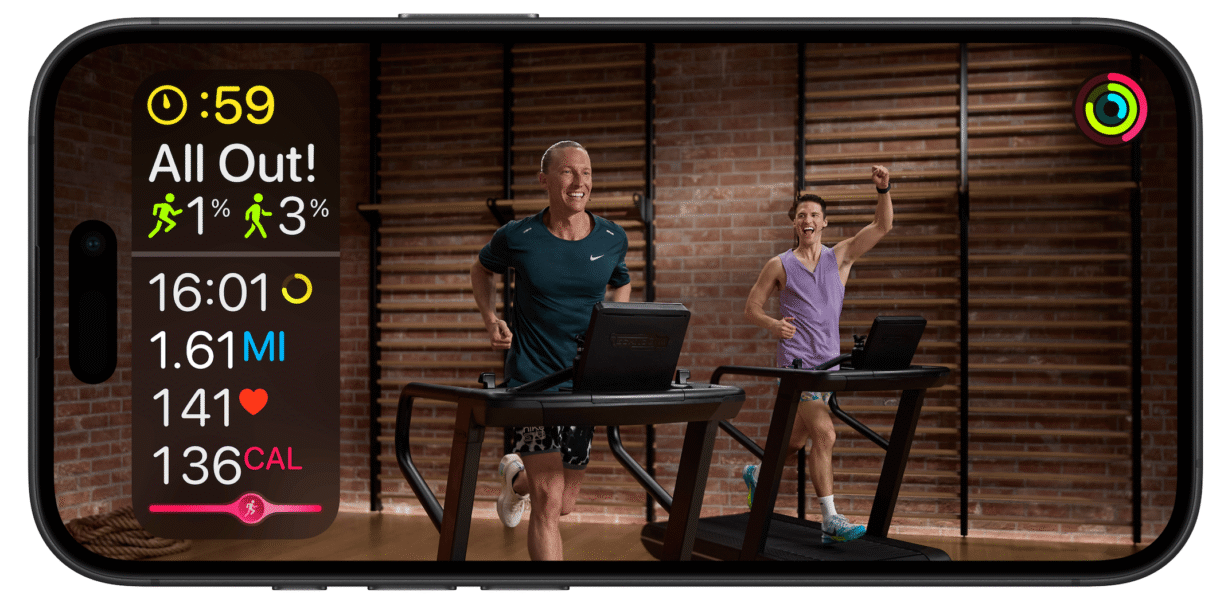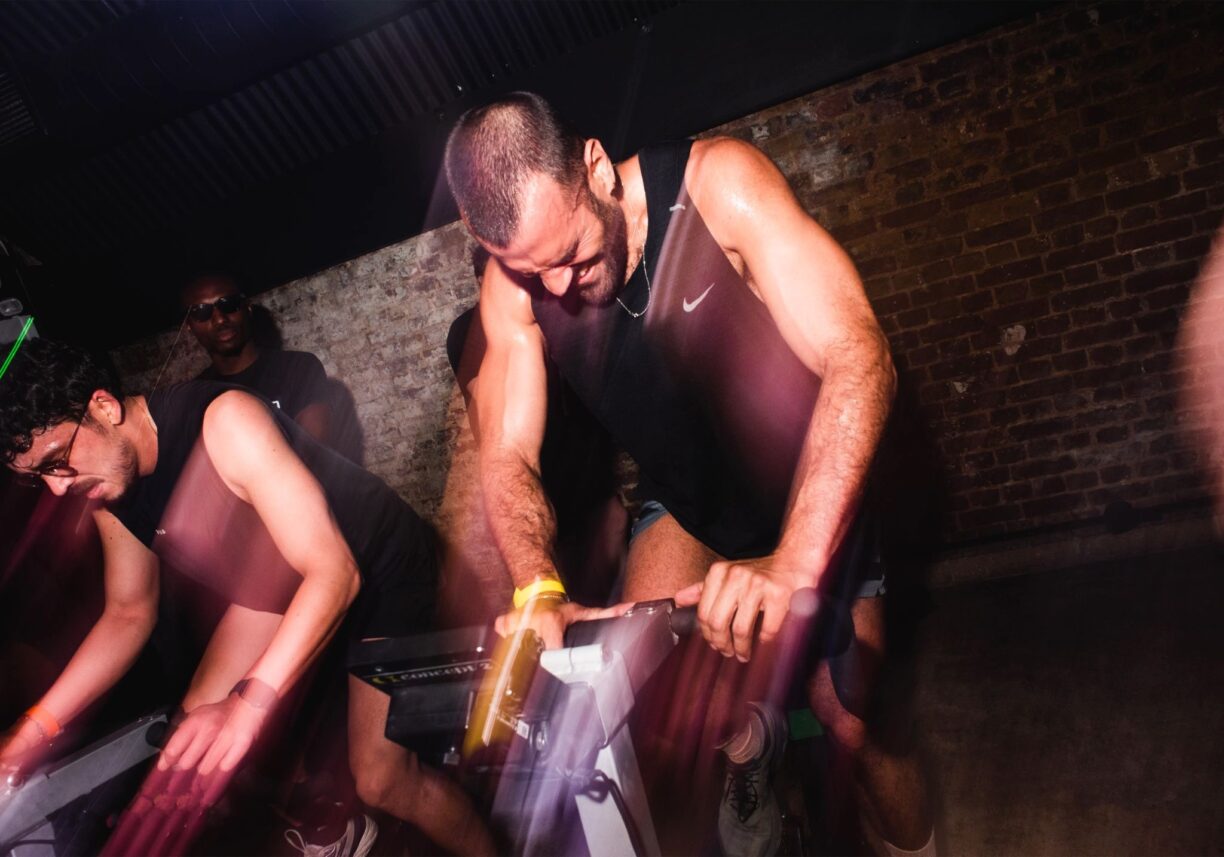Thanks to practically anything written about fitness on Instagram or online, it’s been drilled into us that no workout is complete until you consume a certain amount of protein straight after.
It’s not always the most convenient thing to cook up a protein-packed meal after going to the gym, which is why so many of us have been turning to shakes to get our fix.
While there must be some people who think they’re delicious, protein shakes are often described as tasting ‘chalky’, yet they’ve somehow gained a status of being an essential part of any regular gym-goers diet to aid muscle recovery and reduce any post-workout soreness.
But what if we’ve all got it wrong? According to new research by the University of Lincoln, protein shakes made out of whey or milk (the most common that aren’t vegan) don’t actually speed up muscle recovery, in comparison to a carbohydrate-only drink.
Sports scientists took 30 male participants – who all had at least a year’s resistance training experience – to take part in the blind test.
The group was split up into three, and after an intense session at the gym they drank either a whey-protein based shake, a milk-based drink or a flavoured carbohydrate drink.

The results show there was actually no difference in recovery response between the three different drinks – which suggests that downing a protein shake after your workout might not help with muscle soreness and recovery as much as you’re led to believe.
Dr Thomas Gee, programme leader of BSc strength and conditioning in sport at the University of Lincoln, said: “While proteins and carbohydrates are essential for the effective repair of muscle fibres following intensive strength training, our research suggests that varying the form of protein immediately following training does not strongly influence the recovery response or reduce muscle pain.
We would hypothesise that well balanced daily nutrition practices would influence recovery from delayed onset muscle soreness to a greater extent.”
If you are a regular gym-goer, it makes sense that you’d want to fuel yourself in a way which best aids muscle recovery – so you can go back to the gym whenever you want to, without aches and pains getting in your way.
Registered nutritionist Rob Hobson says: “All protein is required for recovery, so looking for foods that have fuller amino acid profiles such as eggs, oily fish, meat, dairy, and there are some plant-based sources such as soy, quinoa and Quorn which contain all the essential amino acids.”

He adds that research suggests that “omega-3s can help with the delayed onset of muscle soreness and again, you can take this by eating oily fish or via supplements”.
It’s not just protein you need to consider, but other aspects of your diet, like eating the right carbohydrates after training. Hobson explains: “These provide glycogen in the muscle, especially after cardio exercise”.
So it may not necessarily be the best plan to chug a protein shake after your gym session and assume that’s enough – it might be worth looking at the types of food you’re eating all day long to help speed up muscle recovery.





